Shropshire Cast Iron Bridge
Categories: Beauty | Design and Architecture | Europe | Nature | Photo project | Society | Travel | World
By Vika https://pictolic.com/article/shropshire-cast-iron-bridge.htmlThe world's first cast-iron bridge still stands in Shropshire, England, across the River Severn. He is over two hundred years old.
Although cast iron has been used since ancient times for pots and pans, cannonballs, and decorative items such as window grills and chimneys, it was never used for structural purposes until the architect Thomas Farnolls Pritchard proposed a cast-iron bridge to span the Severn Gorge in Shropshire. Severn Gorge, later renamed Ironbridge Gorge after the bridge, is rich in coal, iron ore, and limestone, and the area developed significant industry to exploit these resources in the second half of the 18th century.
6 PHOTOS
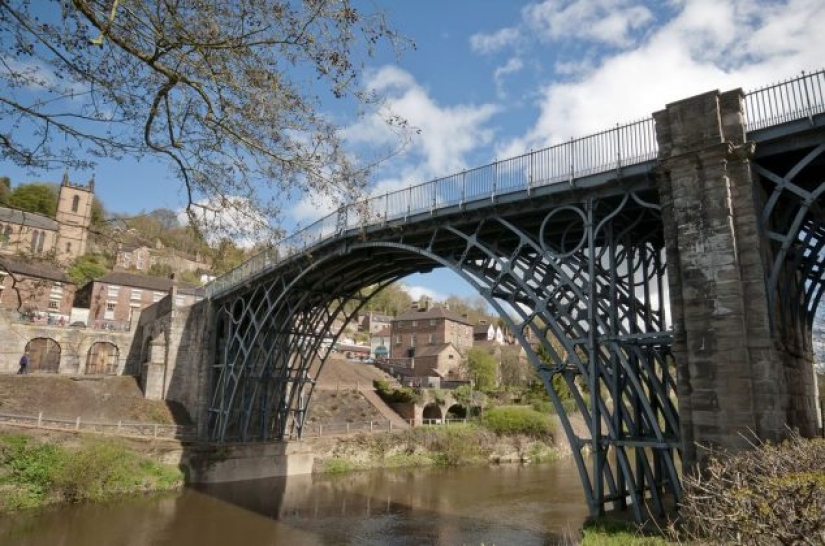
1. As the industry grew around the gorge, there was a need for a strong and reliable bridge to transport goods across the river. Because the gorge was deep and the banks unstable, the bridge had to be single-span and high enough to allow tall ships to pass, and the river was a key trade route. Cast iron was the only acceptable material, but no one had built a cast-iron bridge of this magnitude before. An iron bridge was begun at Lyon in 1755 but was abandoned due to cost, and a 22-meter span wrought iron footbridge has existed across an ornamental waterway at Kirklees, Yorkshire since 1769.
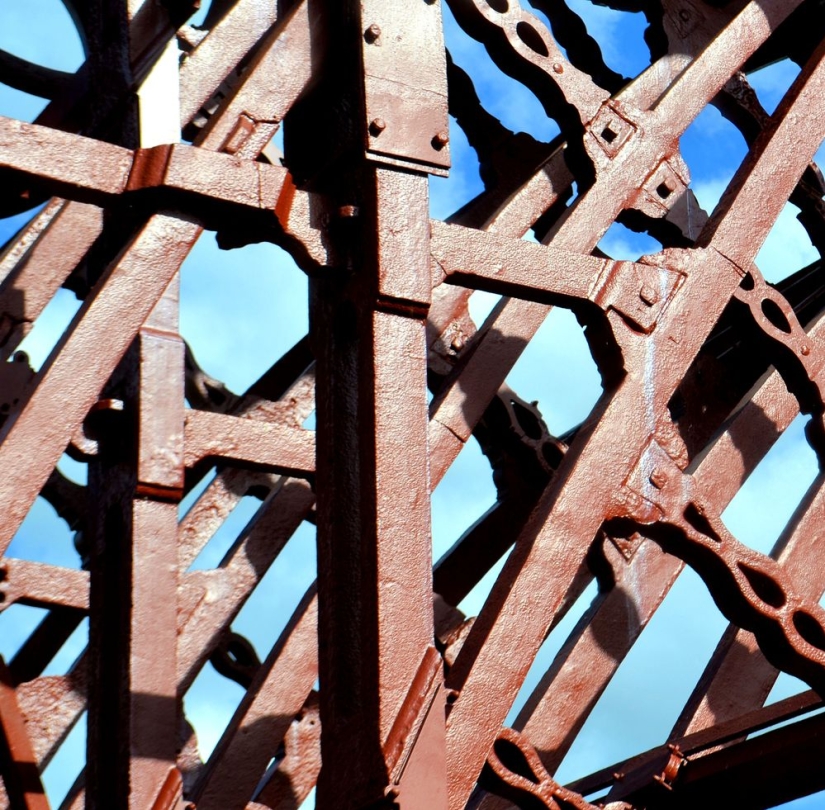
2. Intrepid architect Thomas Farnalls Pritchard proposed an iron bridge that would link Madeley and Benthall across one of the country's busiest rivers. Pritchard's designs were approved by an Act of Parliament and construction began in 1777.
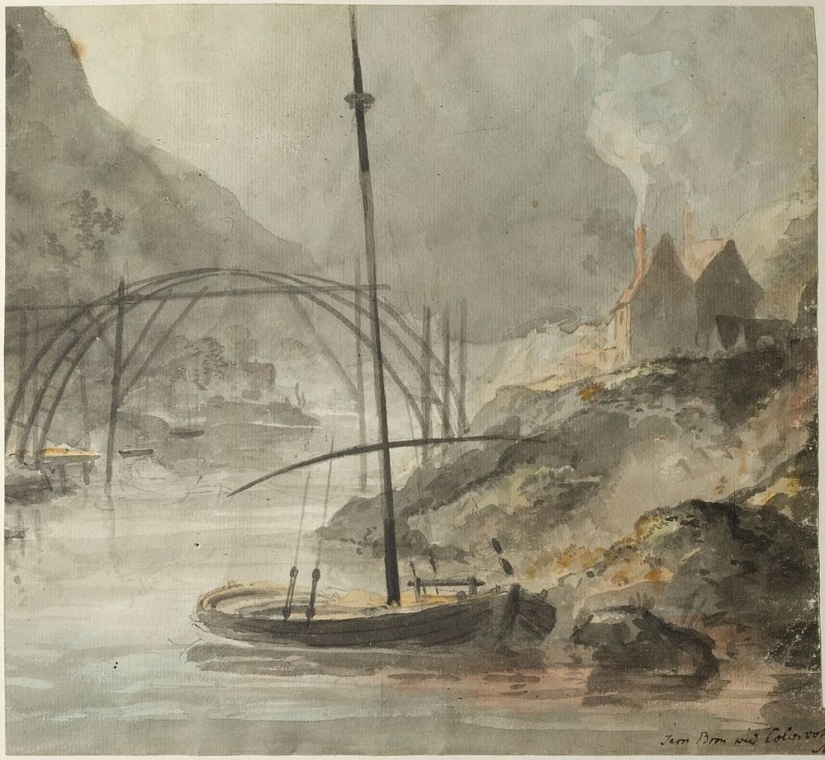
3. Abraham Darby III, an ironworker at Coalbrookdale, was commissioned to cast and build a bridge. When Pritchard died just a month after work began, Darby was given responsibility for the project.
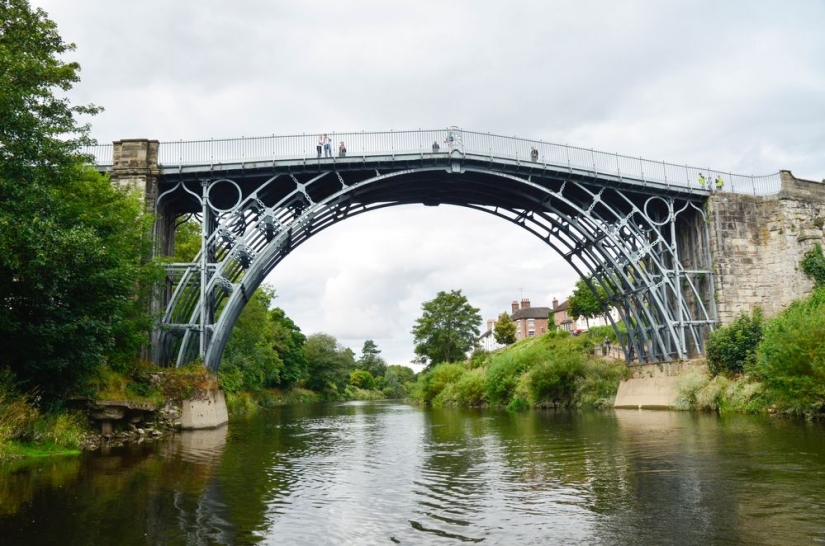
4. Darby cast all the parts needed for the bridge - over 1,700 individual components, the heaviest of which weighed 5 tons - in his own foundry, and each component was cast individually to fit each other.
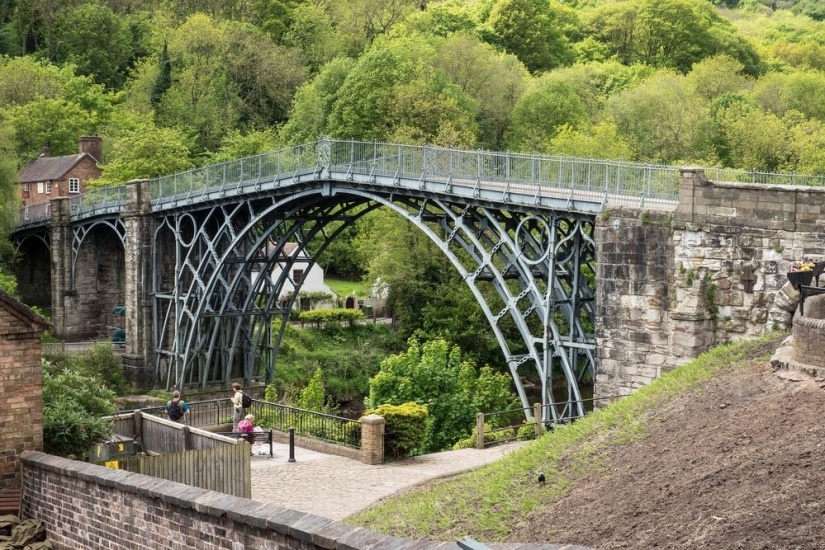
5. When the bridge was completed in 1779, it measured 30 meters across and weighed just under 400 tons. Curiously, there are no reliable records and eyewitness accounts that accurately describe how Darby managed to lift a mountain of pig iron and hang it over the river.
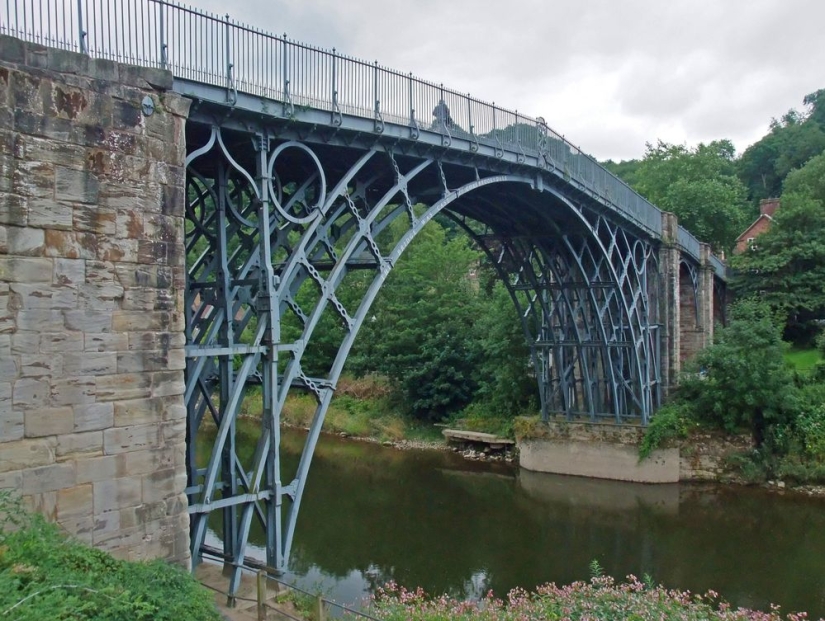
6. The success of the cast-iron bridge inspired the widespread use of cast iron as a structural material in Europe and America, which was unsuccessful because cast iron is brittle and has low tensile strength. Throughout the 19th century, many cast-iron bridges collapsed. The most infamous was the Tay Bridge disaster in 1879 when 75 people died.
Keywords: Shropshire Cast | Iron bridge | Nature | Beauty | Design | Architecture | Historical buildings | Europe
Post News ArticleRecent articles

Most of us think that the color of the eggshell does not play any role and it is possible not to pay attention. But it's not and ...

The more we rely on technology, the more potential power hackers gain over us. It doesn't matter if their goal is to help or cause ...
Related articles

Yellowstone is the first national Park in the world and also the largest of all national parks in North America. For nearly 150 ...

Is it possible to laying wood to name a form of art? Turns out you can. Because in the world there are such people, which gently ...

For a person likely to get struck by lightning in any one year is a chance to 300 thousand. And although 90 percent of people ...

Creating a good portrait is one of the most difficult tasks for any photographer. In order to make a really natural and memorable ...